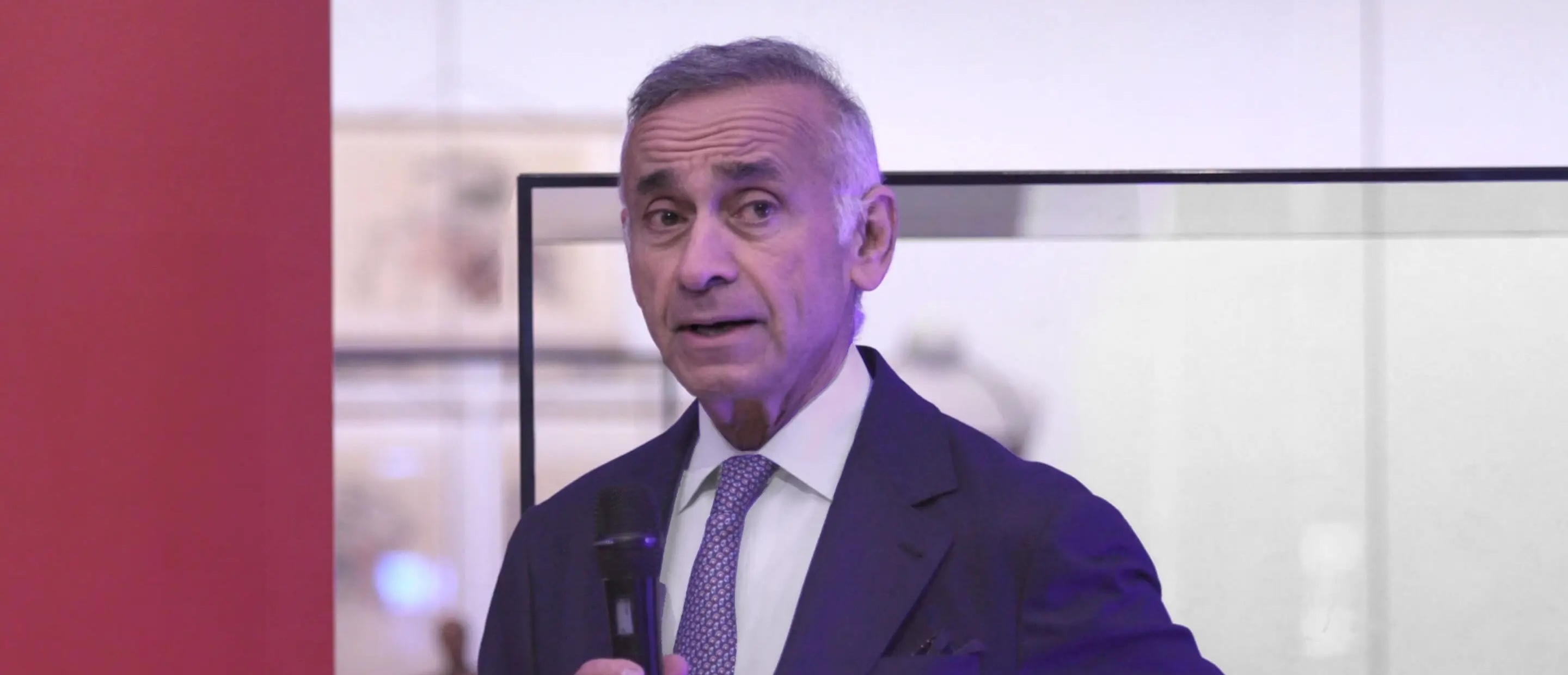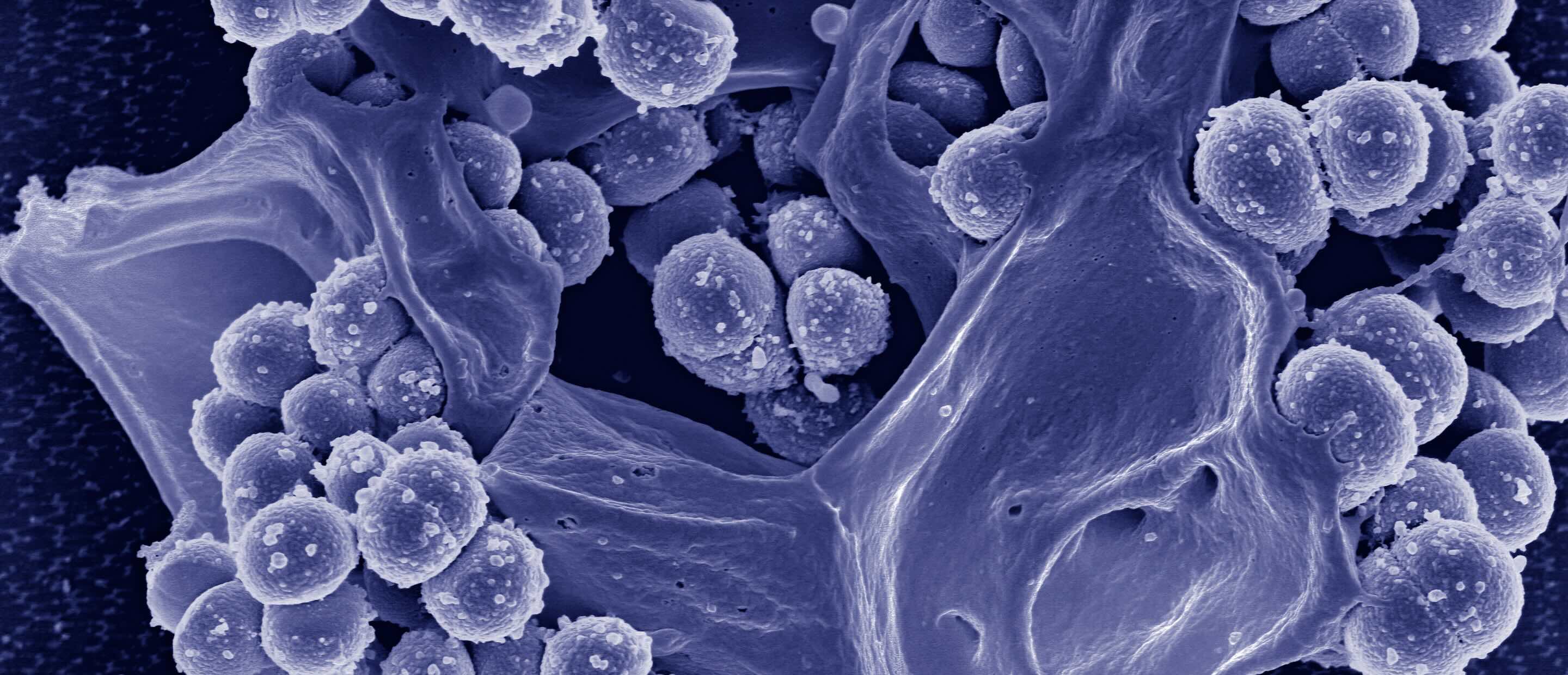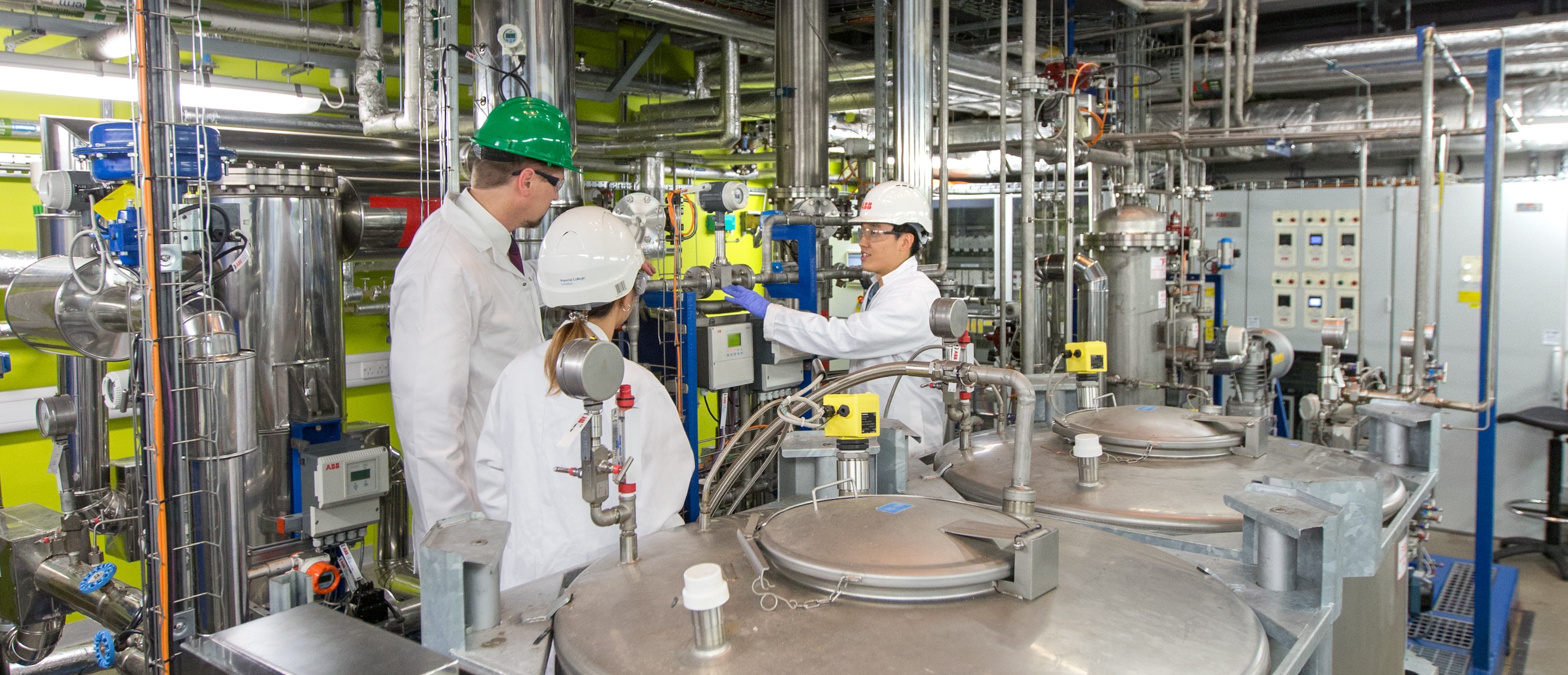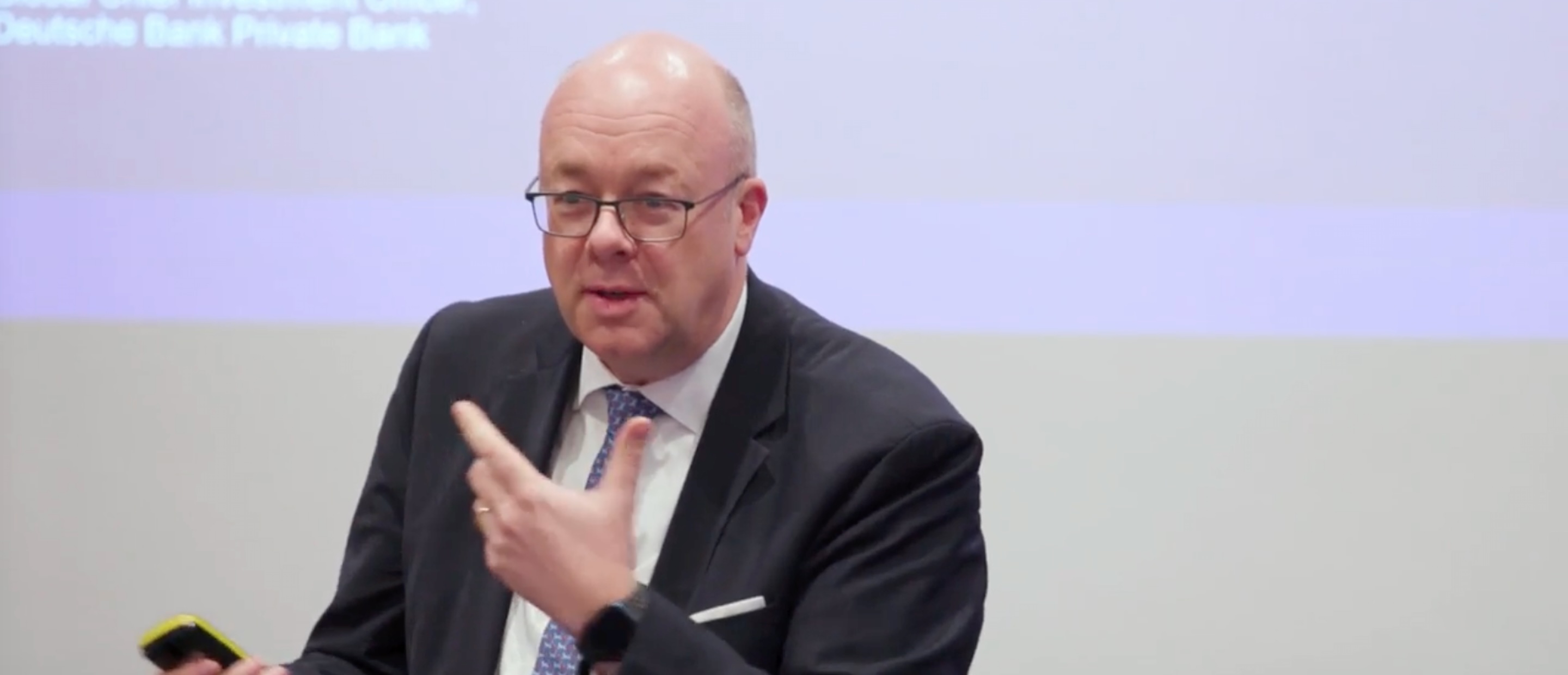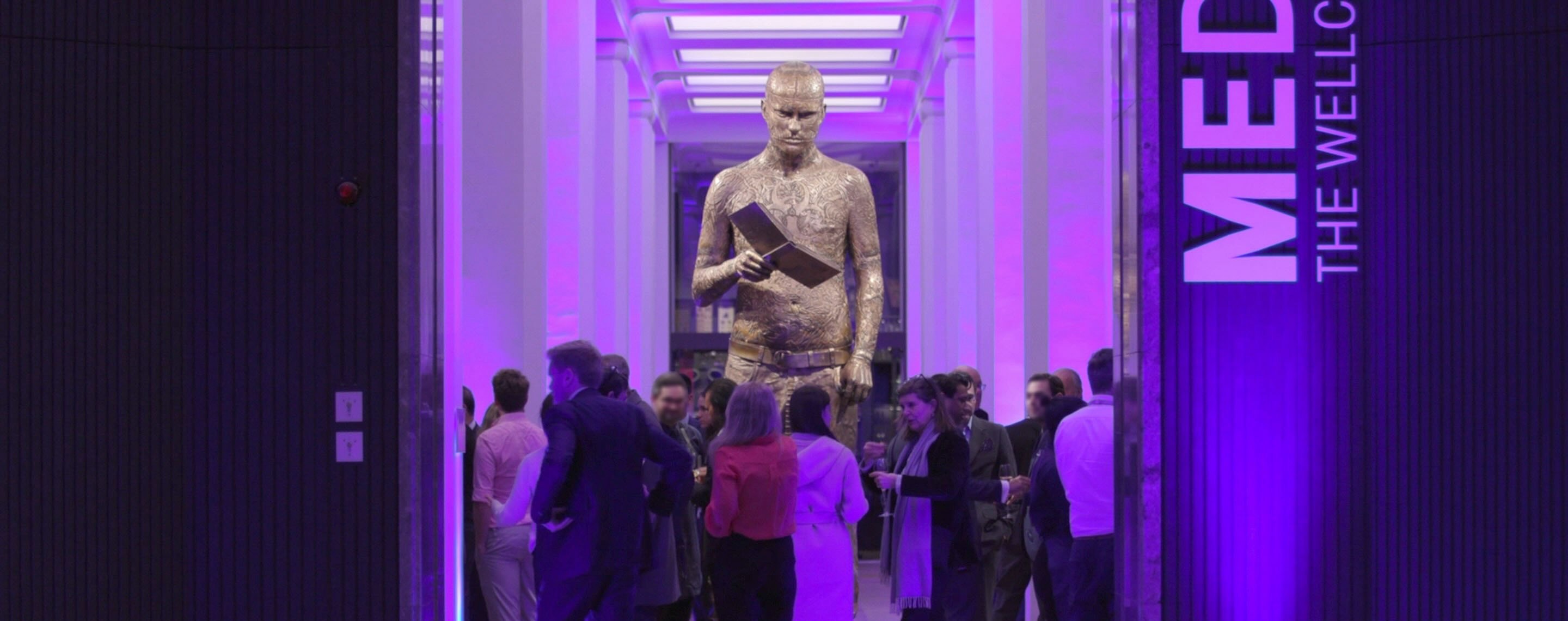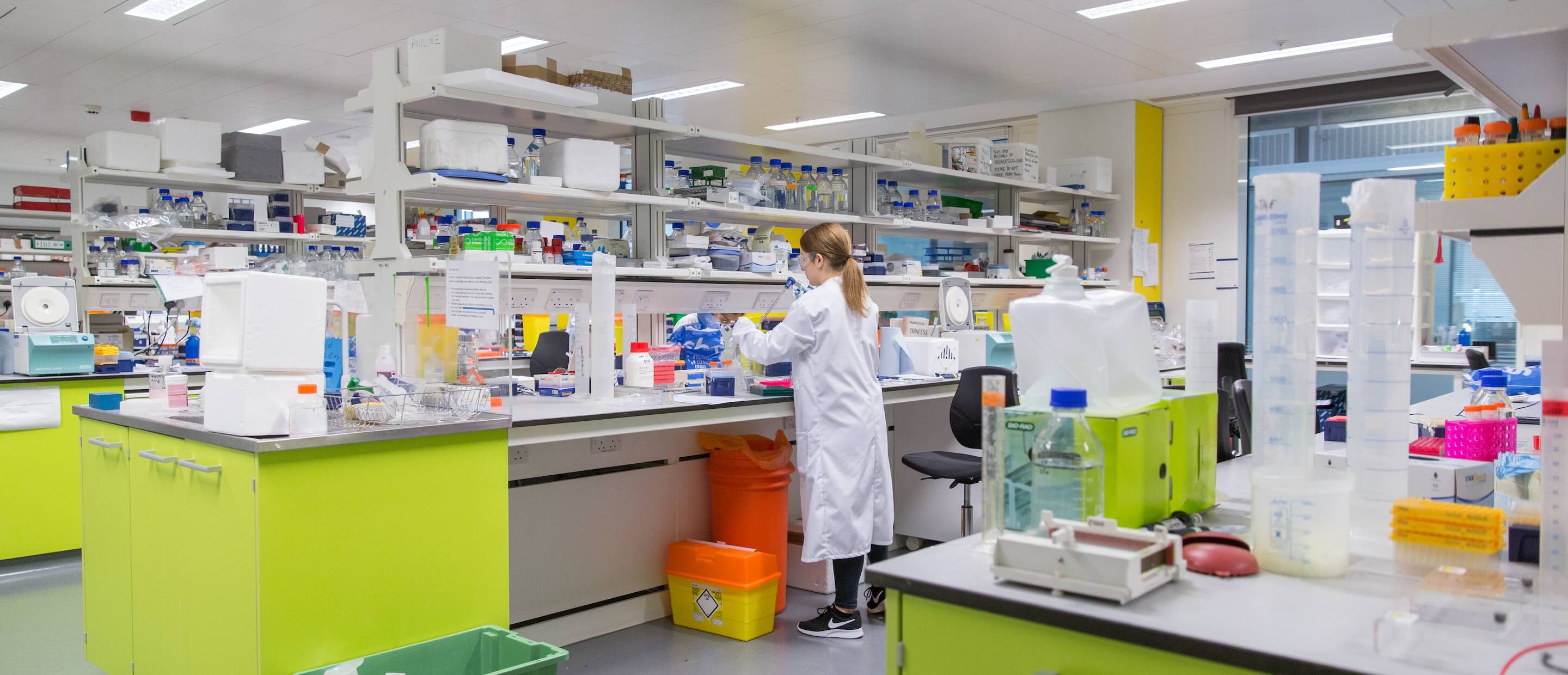
Founders Showcase: Imperial start-ups with big ambitions
Five spinouts developing bold new ways to treat everything from neurodegenerative and respiratory diseases to cancer
Imperial College has a strong track-record of fostering the creation of start-up companies based on research carried out in its labs. Over the past decade, it has produced more spinouts than any other UK university, with over 430 million pounds flowing into ventures supported by its White City Incubator.
The university’s supportive ecosystem includes access to funding, expertise, and multidisciplinary collaboration. It encourages students and staff to take their innovations beyond academia and has produced a diverse range of companies in medical technology, climate solutions, pharmaceuticals and biotechnology.
The Founders Showcase enabled our clients to meet five start-ups that began at Imperial, and that are now developing a variety of ambitious products and services in the healthcare space. Each start-up was given ten minutes to present its ideas, and these presentations were followed by Q&A discussions in which the founders elaborated on the potential of their technologies, the importance of data in healthcare, and the future of medical innovations driven by artificial intelligence.
We also learned how multidisciplinary collaborations involving Imperial and other universities facilitated their combination of advanced technologies with medical applications.
Cogitat: Revolutionising stroke rehabilitation
Allan Ponniah, founder of Cogitat, introduced the audience to his company's innovative approach to stroke rehabilitation through non-invasive brain-computer interfaces. Cogitat's technology decodes brainwaves using a headset, allowing stroke patients to control computer games with their thoughts, thereby aiding in their rehabilitation process. Cogitat's technology uses machine learning to identify universal signals for movement, making it accessible to anyone without the need for extensive training. The company aims to expand its applications beyond stroke rehabilitation to neurodegenerative diseases and mental health disorders.
SERG Technologies: Enhancing neurological disease management
Christos Kapatos, CEO of SERG Technologies, presented his company’s wearable system for monitoring muscle activity and providing personalised treatment for neurological diseases such as Parkinson’s. Conventional Parkinson’s care often relies on subjective patient reports and infrequent consultations. By contrast, the SERG system uses advanced microphones to listen to muscle sounds, which are then analysed by an artificial-intelligence engine to build a comprehensive picture of the disease, enabling proactive and data-driven treatment.
NKIO: Transforming cancer treatment with natural killer cells
Richard Hopkins and Hugh Brady of NKIO discussed their company's innovative approach to cancer treatment using natural killer (NK) cells, which can recognise and kill cancer cells without being rejected by the body. NKIO's technology can produce NK cells at volumes that were previously difficult to achieve, significantly reducing the cost of treatment and making it accessible to a broader patient population. Although the team is focusing initially on treating ovarian cancer, their platform allows for the production of highly effective NK cells that can target cancers of many different types.
Alveogene: Transforming rare respiratory disease outcomes
David Hipkiss and Professor Eric Alton of Alveogene presented their company's inhaled gene therapy platform, Ingenuity, which targets rare respiratory diseases. Hipkiss and Alton emphasised the significant unmet clinical needs in these areas and the potential for their technology to provide long-lasting therapeutic effects with repeated administration. They also highlighted the financial viability of their approach, including the potential for substantial revenue and market exclusivity.
Mint Neuro: Unlocking the future of neural implants
Dorian Haci, CEO of Mint Neuro, discussed his company's advanced semiconductor technology for neural implants. Mint Neuro aims to become the industry leader in chip suppliers for neural implants, enabling scalable, less invasive, and more accessible interventions for neurological conditions. Their technology focuses on developing micro-scale, low-power chips that can be integrated into various medical devices. Haci emphasized the company's partnerships with clinical teams and medical device companies to validate their technology in real-world scenarios.
The image at the top of this page depicts the Cell Biology and Functional Genomics Laboratory at Imperial College. It was taken by Thomas Angus and is reproduced here the kind permission of Imperial College.
